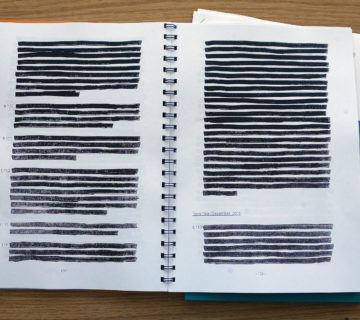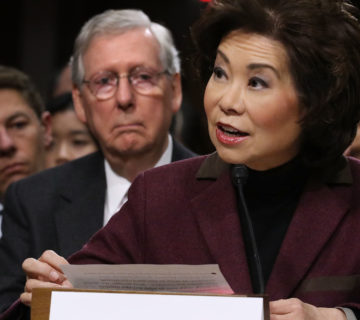Videos shed light on predatory industry practices HHS Secretary Alex Azar helped bolster at Eli Lilly
WASHINGTON — The New York Times today published a video essay about the devastating cost of insulin and the experiences that people living with diabetes face in their struggle to afford this life-saving treatment. In the video, a patient notes that a vial of formula of insulin costs $275, an increase from $34.81 in 2001 — a time span during which Health and Human Services Secretary Alex Azar was at the helm of insulin manufacturer Eli Lilly.
“These heart-wrenching testimonials capture the life and death choices that Americans are forced to make thanks to rising insulin prices,” said Lizzy Price, spokesperson for Restore Public Trust. “Despite his promises to bring down drug prices, President Trump put a former big pharma executive in charge at HHS and prices have gotten worse for patients. Patients are demanding government accountability, but how are they supposed to trust the current administration when putting Secretary Azar in charge at HHS is like putting the fox in charge of the hen house? He has directly contributed to the hardship of those who can no longer afford insulin and Americans can’t trust him to regulate drug prices.”
For a decade before he resigned to become the head of HHS, Azar rose through the ranks of Eli Lilly USA, becoming president of the company’s largest division in 2012. As a drug company executive, Azar opposed action to reducing drug prices and defended patents, and the company increased the price of insulin by 450% above inflation while he was with them.
Despite Trump and Secretary Azar’s consistent promises to lower drug prices, nine of the top 10 most profitable health care companies in Q1 of 2019 were pharmaceutical manufacturers. The most profitable drugmaker was Eli Lilly.
Restore Public Trust recently launched BigPharmasBestFriends.org to educate the public on the administration’s ties to the pharmaceutical industry and hollow efforts to lower drug prices. The American people deserve to know whose bottom line the government is looking out for- American families, or their friends in the pharmaceutical industry.



